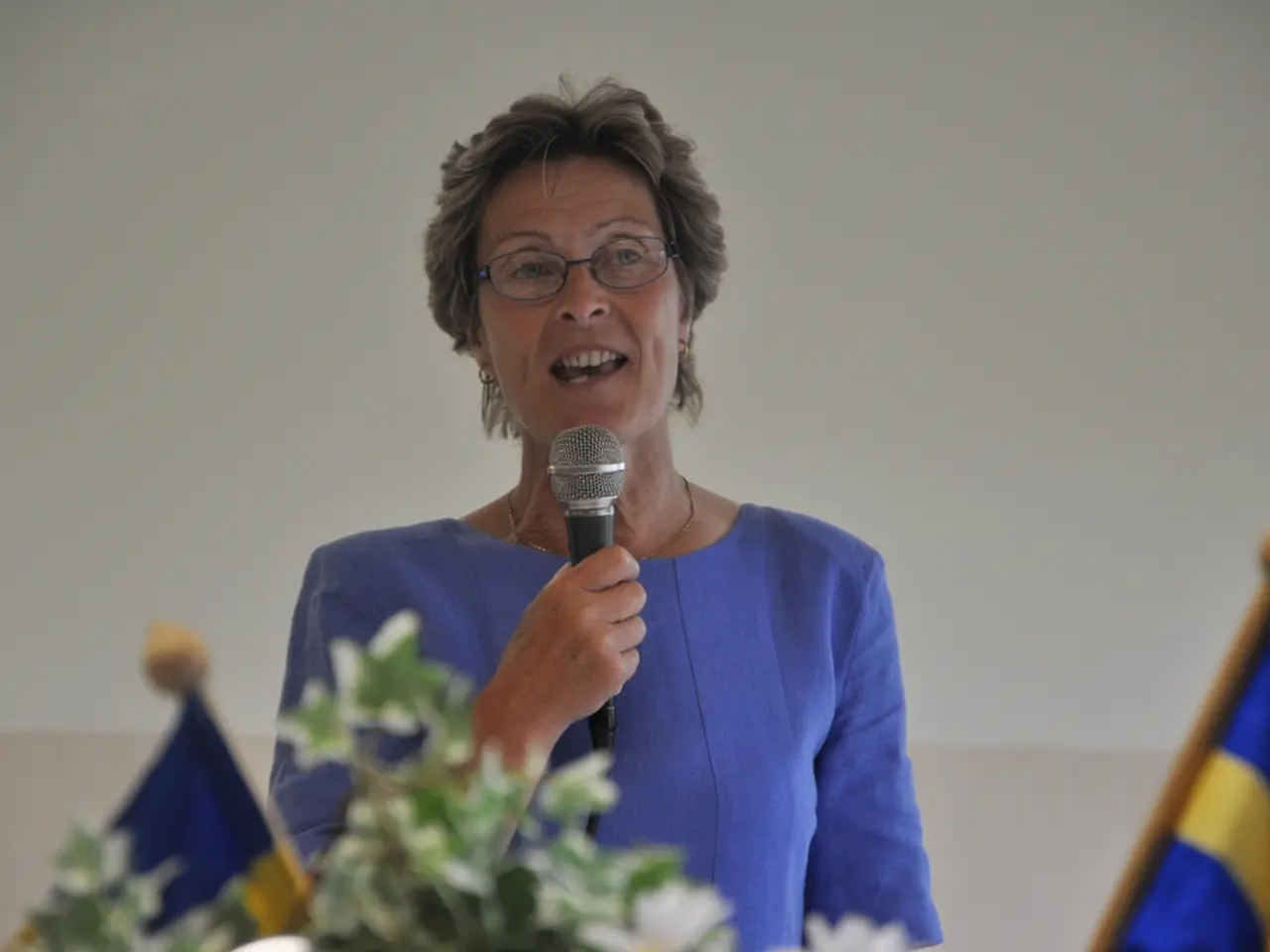"Belief Equals Blessing"
In 1953, Edward Shils and Michael Young published the essay "The Meaning of Coronation" shortly after the coronation of Queen Elizabeth II. The essay discussed the importance of the coronation ceremony to people despite their inability to explain its significance. This theme holds true today as the world watches the coronation of King Charles III with great interest.
Despite many people not believing in the coronation ceremony's metaphysical value or viewing the British king as a divine choice, the event continues to resonate globally. The coronation symbolizes historical continuity, cultural tradition, and political legitimacy that resonate across diverse communities.
One key factor supporting this ongoing interest is the historical and Commonwealth significance of the coronation. Organizations such as the Returned & Services League of Australia emphasize the historic nature of the coronation not only in the UK but throughout Commonwealth countries. This extends the event’s relevance well beyond Britain, fostering a sense of common heritage and continuity in nations with historical ties to the monarchy.
Another factor is the cultural inclusion and modernization of the coronation ceremony. The incorporation of diverse groups, including LGBTIQ+ choirs and refugees, signals an adaptation of the ceremony to contemporary social values. This broadens public engagement and reflects a monarchy seeking relevance among modern, pluralistic societies.
The political and symbolic authority of the coronation ceremony should also not be underestimated. Despite critiques of the coronation's metaphysical claims, sociological studies often highlight how rituals like the royal touch historically function to confer legitimacy and affirm authority by projecting divine favor or benevolence. This symbolic power helps stabilize monarchical rule and inspire popular support during periods of political uncertainty.
Coronations serve as collective rituals that engage populations emotionally and culturally, reinforcing loyalty, national pride, and an enduring connection to the institution of monarchy regardless of individual beliefs about its spiritual aspects.
In a fascinating twist, Niels Bohr, a Nobel laureate in physics, had a horseshoe above the entrance of his country house. When asked about the effectiveness of the horseshoe, he reportedly said he didn't believe in its luck but had heard it worked. This anecdote serves as a reminder that even in the face of skepticism, rituals and traditions can maintain their power and fascination for the masses.
In conclusion, the global fascination with King Charles III's coronation emerges from its role as a powerful cultural and political ritual, symbolizing continuity, identity, and evolving social values rather than purely metaphysical truths. This complex social significance sustains interest even among skeptics of the ceremony’s spiritual or divine claims.
[1] Commonwealth Connections: The Coronation of King Charles III, Returned & Services League of Australia, www.rslvic.com.au [2] The Meaning of Coronation, Edward Shils and Michael Young, 1953 [3] Diversity and Inclusion at the Coronation, The Royal Household, www.royal.uk [4] The Sociology of Coronations: Ritual, Legitimacy, and Social Cohesion, Journal of Royal Studies, 2021
The ongoing interest in the coronation of King Charles III is fueled by its symbolic representation of continuity and tradition, resonating not just in Britain, but also across the diverse Commonwealth nations. (historical and Commonwealth significance)
Despite being a remodeled celebration that includes various groups, such as LGBTIQ+ choirs and refugees, the coronation ceremony maintains its significance among modern, pluralistic societies, fostering a sense of unity and cultural relevance. (cultural inclusion and modernization)






